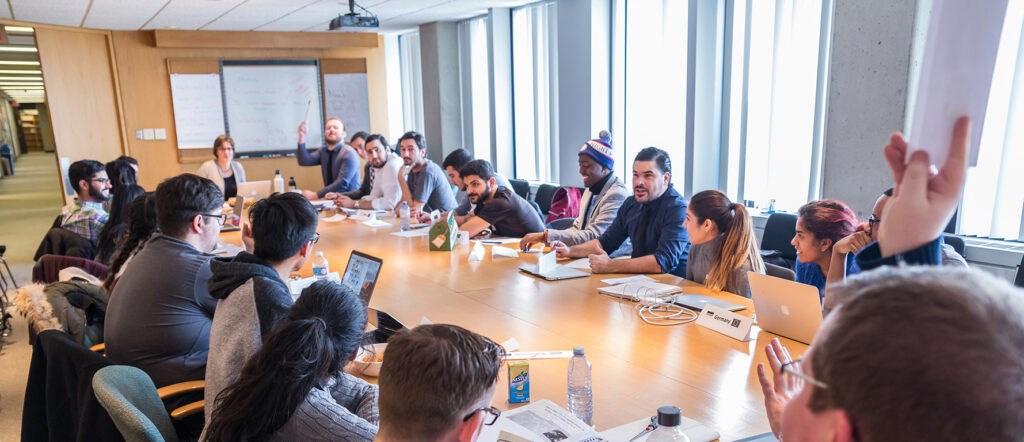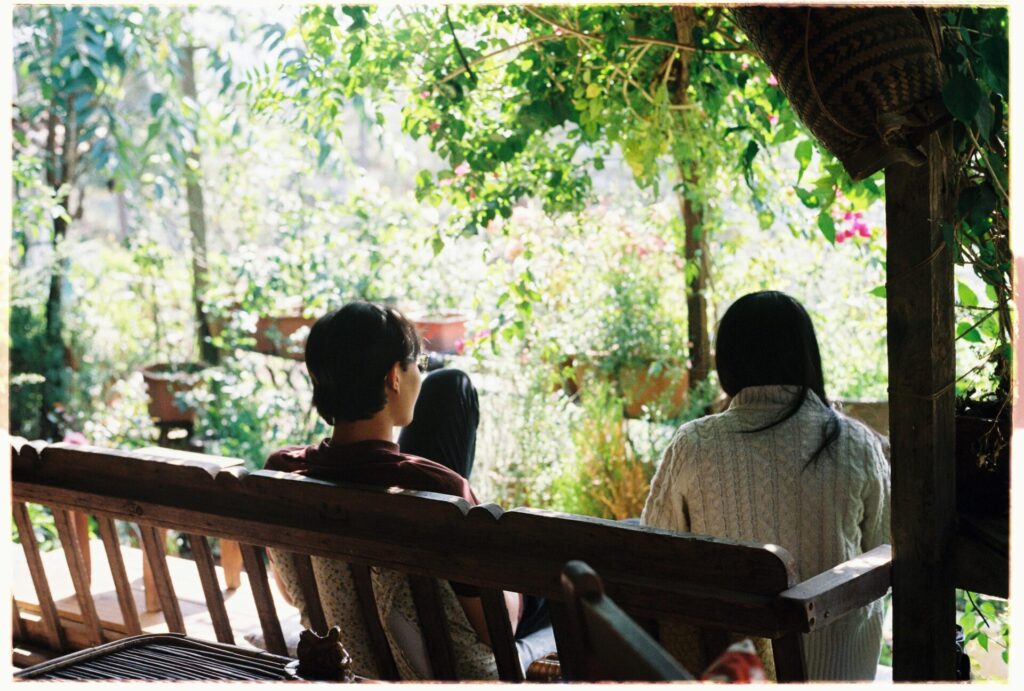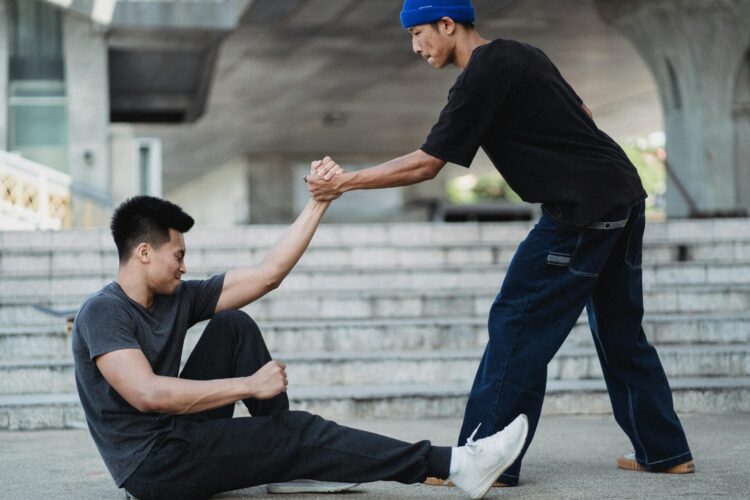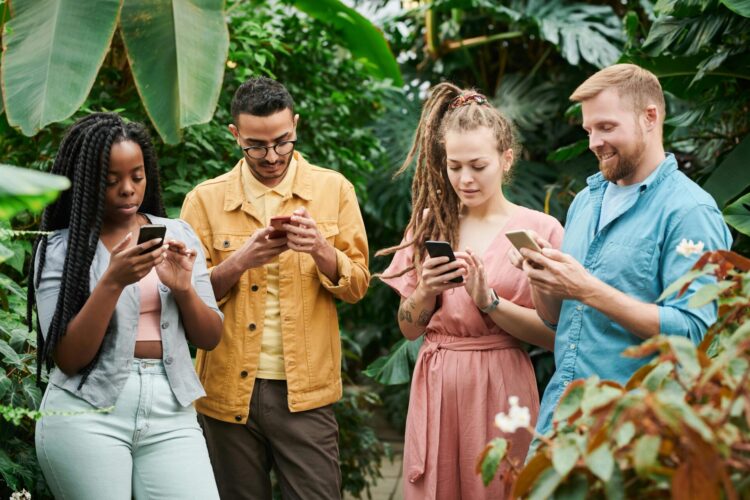
Connect with People
Whether these connections are with our partners, families, friends, work colleagues, neighbors or others in our communities, they can all contribute to happiness and resilience. So taking action to build, maintain and strengthen our relationships is important.
Having close relationships with family or friends provides love, meaning, support and can increase our feelings of self-worth. Our broader social networks, like those in our local community or at school or work, can contribute to a sense of belonging. Indeed studies show people with strong relationships are happier, healthier and may even live longer. Having a network of social connections or high levels of social support even appears to increase our immunity to infection, lower our risk of heart disease and reduce mental decline as we get older.
There’s lots we can do to build and maintain our relationships and feel more connected to our community.
Happiness and relationships – it works both ways!
Our relationships with others are of course two-way and it seems the connection between happiness and relationships is too. Not only do good relationships contribute to happiness, but also happy people tend to have more and better quality relationships. Positive emotions and behaviors have also been shown to be catching, rippling out through our social networks – real and virtual. So working on our relationships is good for happiness and working on our happiness is good for our relationships. That’s a win all round!
Close relationships matter
Our close relationships generally matter most for our happiness. Whether these are with family or friends, studies show that having people that we trust, can rely on and which help us to feel valued, encouraged or loved positively boosts our wellbeing and resilience. As well as boosting how happy we feel, it can mean we are less prone to depression and other illnesses and it helps us recover more quickly.

Responsiveness
We feel close to others when we feel understood, valid and cared for. This helps us feel seen and accepted for who we are – our strengths and weaknesses, hopes, fears and needs, and that our views are listened to, even if they aren’t agreed with. Feeling cared for means we feel warmth or affection from others and that our wellbeing is cared about. Others feel close to us when we do the same for them!
A great place to start is simply giving the other person our full attention and really listening. Focussing on them and what they are communicating, rather than having half an eye on our devices or thinking about what we think and want to say. When you’ve listened, perhaps even ask a few curious questions to show you are interested and to help you understand more about what’s going on for them.
Connect to your Community
Although less deep than our close relationships, our connections in our communities are also important for happiness and wellbeing. This might include with people in our local neighborhood, at work, school or through our interests or hobbies (like a local choir, sports team or gardening group. Having diverse social connections predicts how long we live and even impacts how resistant we are to catching colds! These broader social networks can provide a sense of belonging and influence how safe and secure we feel
Notice others’ strengths and what you share
It can be very easy to notice things that are different or we don’t like or are fearful about others, but we are all human beings and we all share the same core human needs – even if it doesn’t seem like it from the outside. And of course, everyone is a mix of strengths and weaker areas. Research shows that when we focus on the strengths of others, our interactions with them are likely to be more positive and constructive [10].
Reflection: For everyone you meet or interact with find something positive about them or find something that you have in common.
Every little action can count
Building connections in our local community not only contributes to our own happiness but to that of those around us, enabling our communities to flourish. The foundation of happier communities is the thousands of small behaviors and interactions that happen every day. So we can help to build happier communities by being conscious of the impact our behavior has on those around us. It can be as simple as a friendly smile or saying hello to local people we recognize, offering a helping hand or checking in on an elderly neighbor.
Reflection: What is one small action you can take to contribute to happiness of others in your community?
References
Action for Happiness. (n.d.). Relating: Connect with People. Action for Happiness. https://actionforhappiness.org/10-keys/relating


